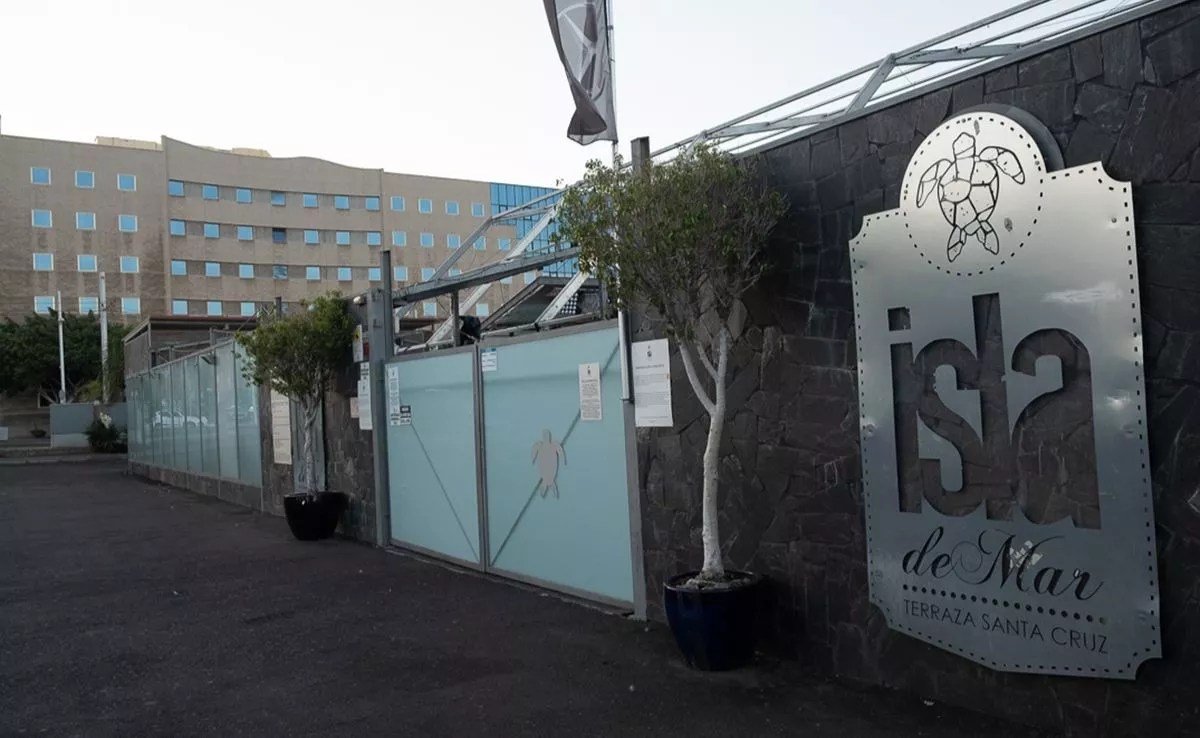
SANTA CRUZ DE TENERIFE, May 22. (EUROPE PRESS) –
The Insular Institute of Social and Socio-Health Care (IASS), within the @conmivozmisderechos project, has held a participatory workshop to collect the opinions, reflections and proposals for actions of the children with a view to the preparation of the II Insular Plan for Children and Adolescence.
In total, more than 600 boys and girls, from 5th and 6th grade of Primary School, came from educational centers in the different regions of the Island.
The CEO of the Citizen Participation and Diversity area, Nauzet Gugliotta, pointed out that the meeting revealed what a plan for children and adolescents consists of, its importance, and the actions that are promoted to meet the needs of these groups and face the challenges of the future hand in hand.
“An opportunity to collect their impressions, concerns and ideas for their subsequent assessment for this new plan, to offer care tailored to their specific needs,” he said.
He highlighted the involvement and degree of awareness of boys and girls, “who have shown great sensitivity and awareness of issues and problems in their closest social environment. They demand inclusive projects, actions for colleagues with disabilities, they talk about ending machismo and bullying, about the importance of managing emotions, suicide prevention, among other issues that concern them”.
Gugliotta recalled that this is a parallel process to the recognition of Tenerife as a Child-Friendly City, granted by UNICEF, in order to be able to renew said badge and continue to display it, for which reason it was also used to publicize this recognition and what it it means for Tenerife to have it. Another workshop is scheduled to be held in June, within the @conmivozmisderechos project.
Along with the voice of children and adolescents, the Cabildo de Tenerife is collecting the contributions of the entities, associations and administrations, among others, that work with these groups. In total, in this month of May, 12 workshops have been carried out, with participatory dynamics, in the metropolitan area, and northern and southern regions. A specific session will also be held with the areas of the Cabildo and its public sector involved in this second plan, to assess the previous one and analyze the new lines of action.
















